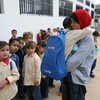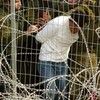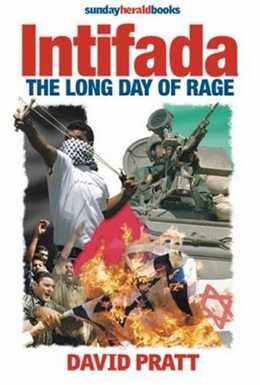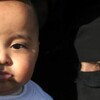
Palestine on the brink of civil war?
15 December 2006
Palestinians are reeling from a century of systematic destruction of their way of life at every possible level. Instead of pouring gasoline on the fire, as the US-Israel-Fatah coalition has been doing, and instead of debating the price of petrol, as the international community has busied itself with throughout the entire history of this conflict, we need to recognize that events are fast reaching the straw breaking the camel’s back moment. Few seem to grasp that ‘business as usual’ in the Middle East can only be destined to lead to more suffering, death, and loss of hope, and that the time to act was yesterday. Read more about Palestine on the brink of civil war?








